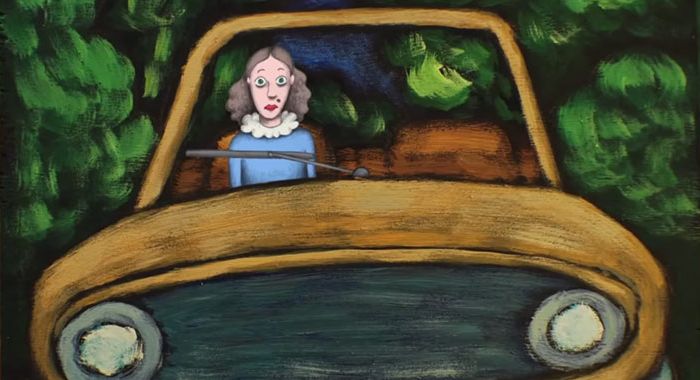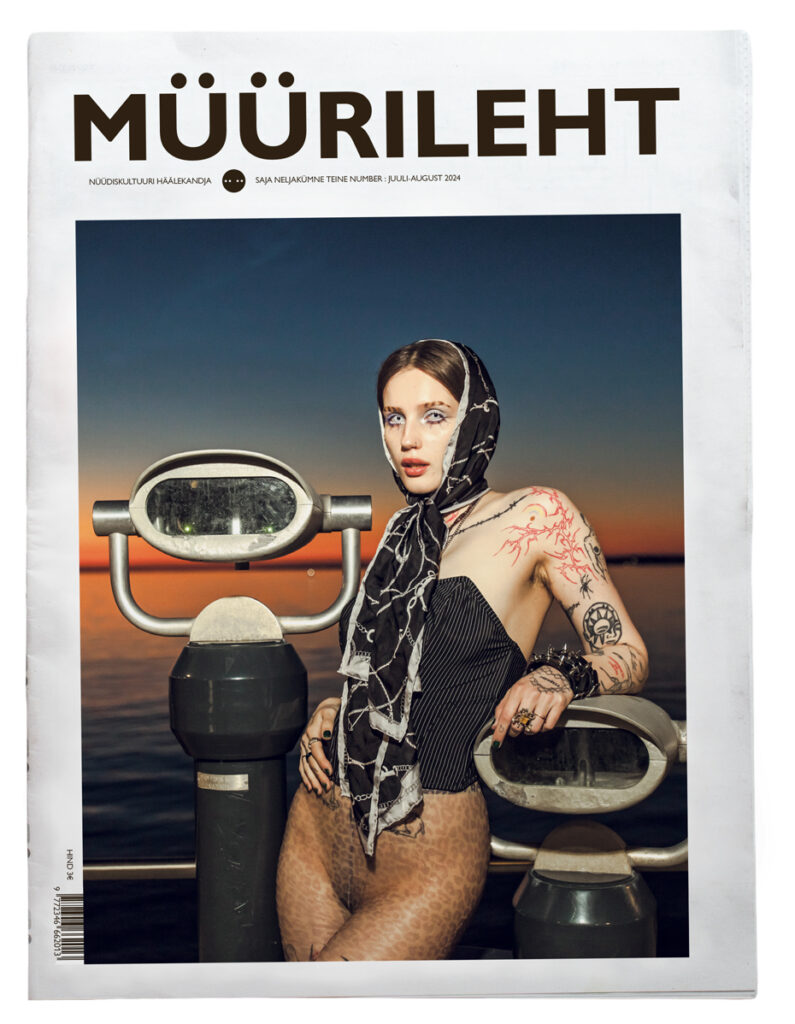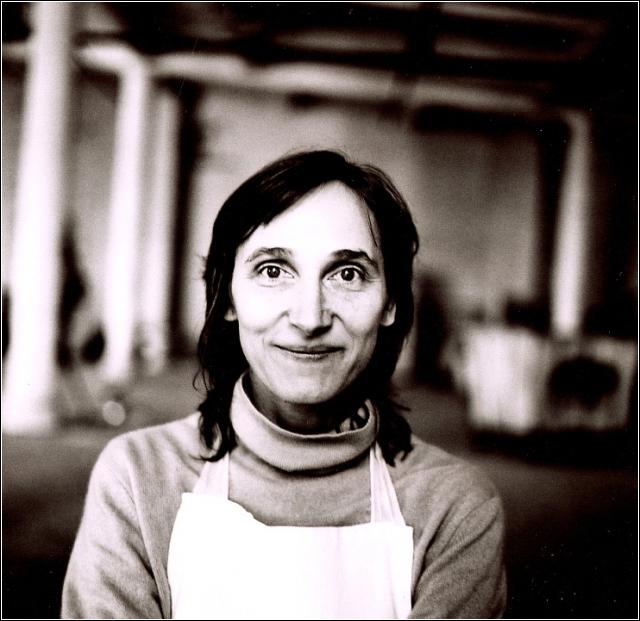Laughing at the Unfunny
Lugemisaeg 4 minThe Latvian-born animation director Signe Baumane, New York-based since 1995, is a tall woman with a somewhat sad smile – visually a bit reminiscent of the nervous and aristocratic women painted by Modigliani.
She is easy to talk to and a good listener. We are sitting by a table in a café; the press preview of her first feature animation film Rocks in My Pockets has just ended. After the film there was no applause. I have no idea why. Perhaps it’s just not the done thing at press-previews. Or perhaps because the film is not an ordinary one. “A funny film about depression” – that’s the film’s tagline in the Latvian market. In the United States it’s “A crazy quest for sanity”. It is the personal story of Signe Baumane and her family. A family in which women for some reason tend to respond to the world in a hypersensitive way; sometimes they just cannot cope. They cannot cope at all. But then again – the world also seems to have huge demands on them, as was the case with Signe’s grandmother Anna who raised eight children in a house in the middle of a forest, without any special help from her elderly husband who had hid her away from the whole world because of his jealousy.
It is a world in which women subject themselves to the authority of the received opinion: “that’s the way it should be”, “what will other people think”, “don’t bring shame to the family”. And a world in which woman is still seen as something like a trophy. The film is also the story of a person who has inherited this painful, torturous sensitivity in her perception of the juxtaposition of ‘Others’ and the ‘Self’. Of someone who understands that hiding in your shell, shutting yourself off from the rest of the humankind because of something that some people call ’depression’ and others describe by using much more horrific medical terms – it’s just wrong. That is not the way to deal with it.
Signe is dealing with it in her own way. She talks, jokes, smiles, travels, makes films (the Rocks feature was preceded by 15 extremely original animated shorts). She raises funds for her films, works as a book illustrator and periodically publishes chapters from her novel about New York in Latvia. She also voiced the two versions of her new film, narrating both the English and Latvian text. “If you love animation, art, women, strange daring stories, Latvian accents, history, nature and adventure, this is a film for you!” it says on the film’s page on Kickstarter, the charity internet platform where money for the final stages of work on the film was raised. It also said the following:
“I am making this film because I find the fragility of our minds fascinating. Life is strange, unpredictable and I see the humour in it all. Yes, I almost broke down, but I came back to tell my story. I hope you’ll laugh with me.”
And so the 90-minute film is completed. All 129 600 frames based on 23 000 drawings have been put together. The National Film Centre of Latvia, the Locomotive Studio, as well as a number of American foundations and organisations all contributed financially to the making of the film. The first screening took place in July 2014 at the Karlovy Vary Film Festival where the film won the Award of International Film Critics (FIPRESCI).

“In addition to being a genealogy of depression, it is also a long history of a Latvian family that has survived through the turbulences of the early 20th century, three occupations, the Soviet era and now over two decades of freedom,” that is how the film is described by culturologist and commentator for Radio Free Europe/Radio Liberty Dmitry Volchek who was present at the premiere in the Czech Republic.
By the time this interview is posted online, the film will have seen its Latvian premiere as well. And I sincerely hope that it will be received with a sea of applause by the audience, including the 60 members of Signe Baumane’s extended family who will attend the showing. Because it is a film about resistance, simple human resistance. And also about hope ‘we should never lose because it is not very good at orientating itself’. Please forgive me for quoting myself.

